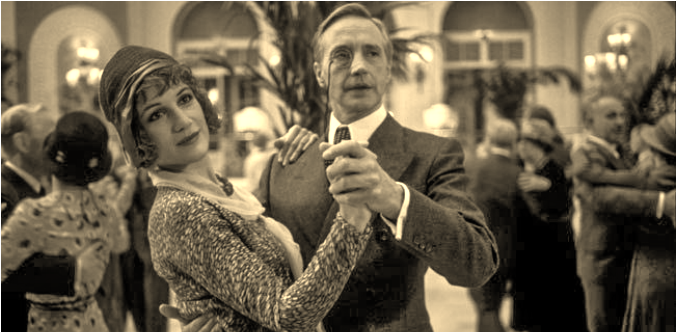

Women, she noted, were "the first at the Cradle and the last at the Cross." The many women who appear in the gospels, says Sayers, "had never known a man like Jesus-there never has been such another. Sayers also made an observation about the Gospels. The gist of Sayers' argument is captured in a quote she takes from DH Lawrence: "Man is willing to accept woman as an equal, as a man in skirts, as an angel, a devil, a baby-face, an instrument, a bosom, a womb, a pair of legs, a servant, an encyclopedia, an ideal or an obscenity the one thing he won't accept her as is a human being, a real human being of the feminine sex." Such was her radically simple argument, that women be acknowledged as human beings, and only subsequently labeled as a subset of human beings qualified by biology, culture, ethnicity, age, economics, nationality, and so on. When she finished Somerville College, Oxford, with first class honors in modern languages in 1915, they didn't yet grant degrees to women.

She had more than an academic interest in the question. Are women human? That's the stark question the British writer Dorothy Sayers (1893-1957) posed in two short essays written in 1938, and originally published in 1947 in a collection of her essays called Unpopular Opinions.


 0 kommentar(er)
0 kommentar(er)
